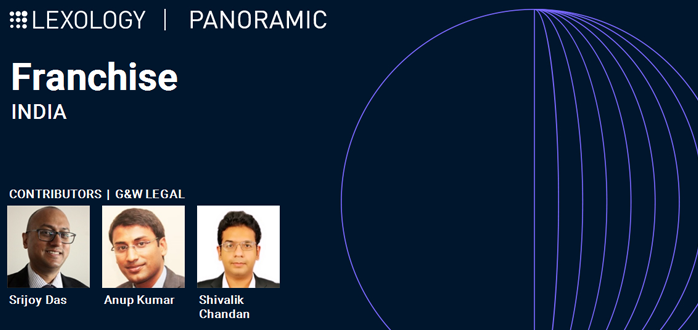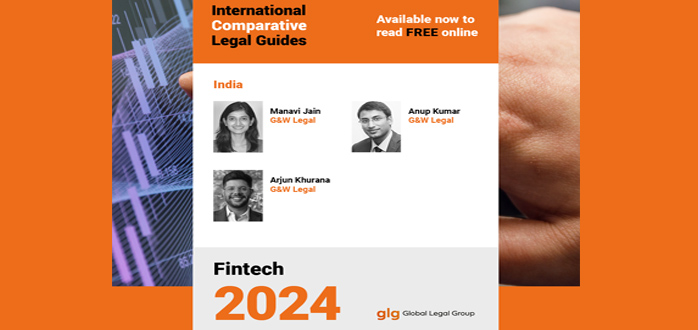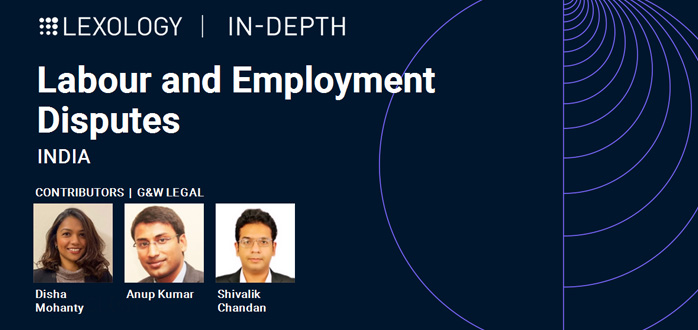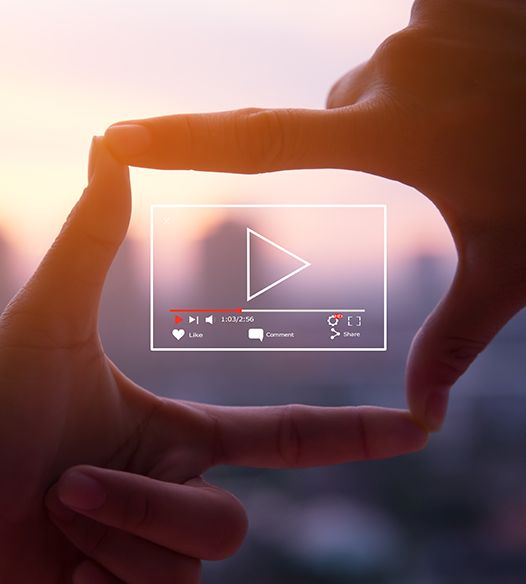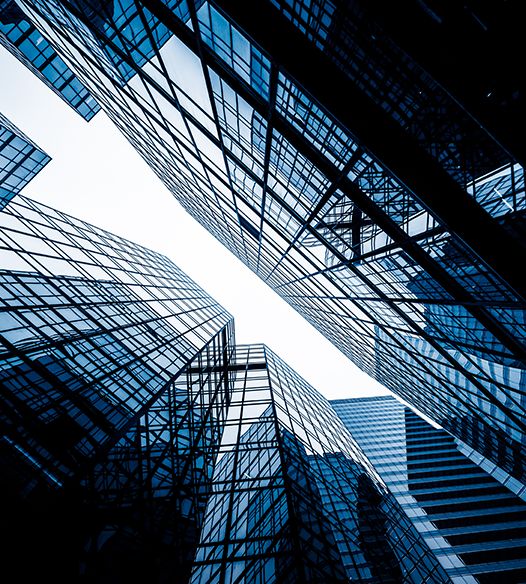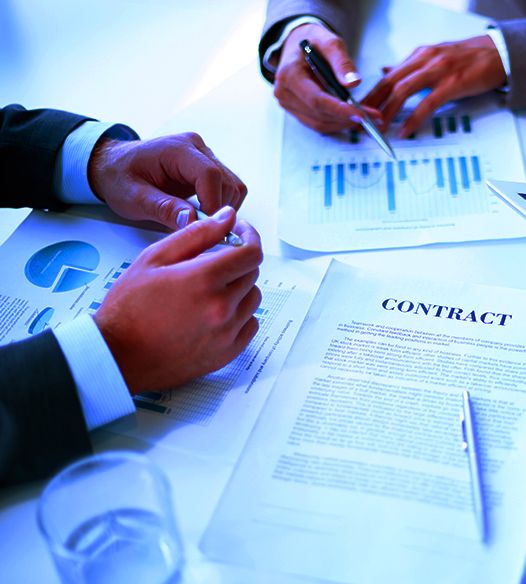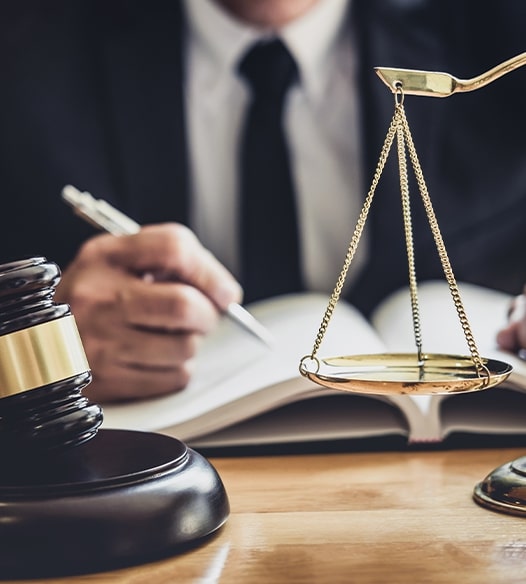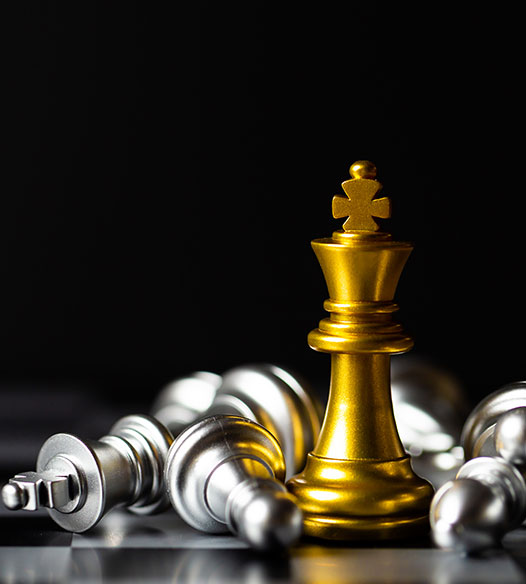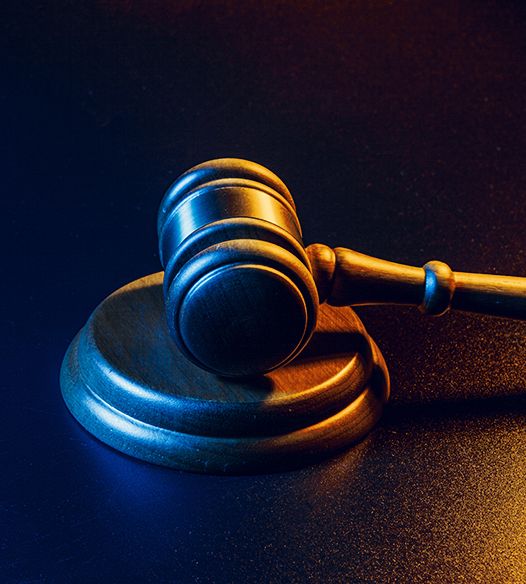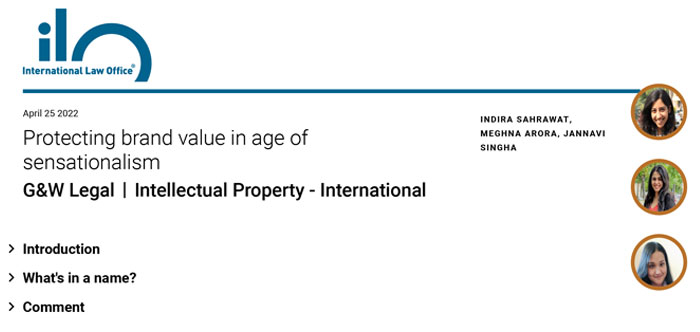
Introduction
With the sudden spike in the use of social media – heightened by almost two years of the world having come to a standstill due to the ongoing covid-19 pandemic – the reach of the digital world has reached alarming heights. With this, the influence wielded by celebrities over the behaviour of those who follow them has been unprecedented. This has not gone unnoticed by young entrepreneurs, who have been using celebrities’ names, and even famous quotes or catchphrases, for the purpose of branding their businesses or ventures. Doing so is eyecatching and often results in an increase in the visibility of their products or services. Of course, the added assurance and bankability that attaches to their businesses when they are assumed to be associated with or endorsed by a famous person is also beneficial.
On the flipside, what might have become a lucrative business model for some has led to significant issues for celebrities. The unauthorised use of any attribute of a celebrity, such as their name, image or likeness, can cause serious loss to their reputation and meticulously built “brand value”. Such acts may not only amount to actionable wrongs such as passing off, misrepresentation or even unfair competition, but can potentially lead to infringement of their right to privacy or even mental distress caused by damage to their reputation. Additionally, celebrities often make use of their brand value for commercial gain – for example, through collaborations. This has led to celebrities becoming increasingly protective of their brand and taking appropriate enforcement action against the misuse of their celebrity status.
What’s in a name?
In the case of EUIPO v Messi Cuccittini, the of the European Court of Justice ruled in favour of footballer Lionel Messi and held that that he had the right to register his name as a trademark considering that he is a notable public figure.

